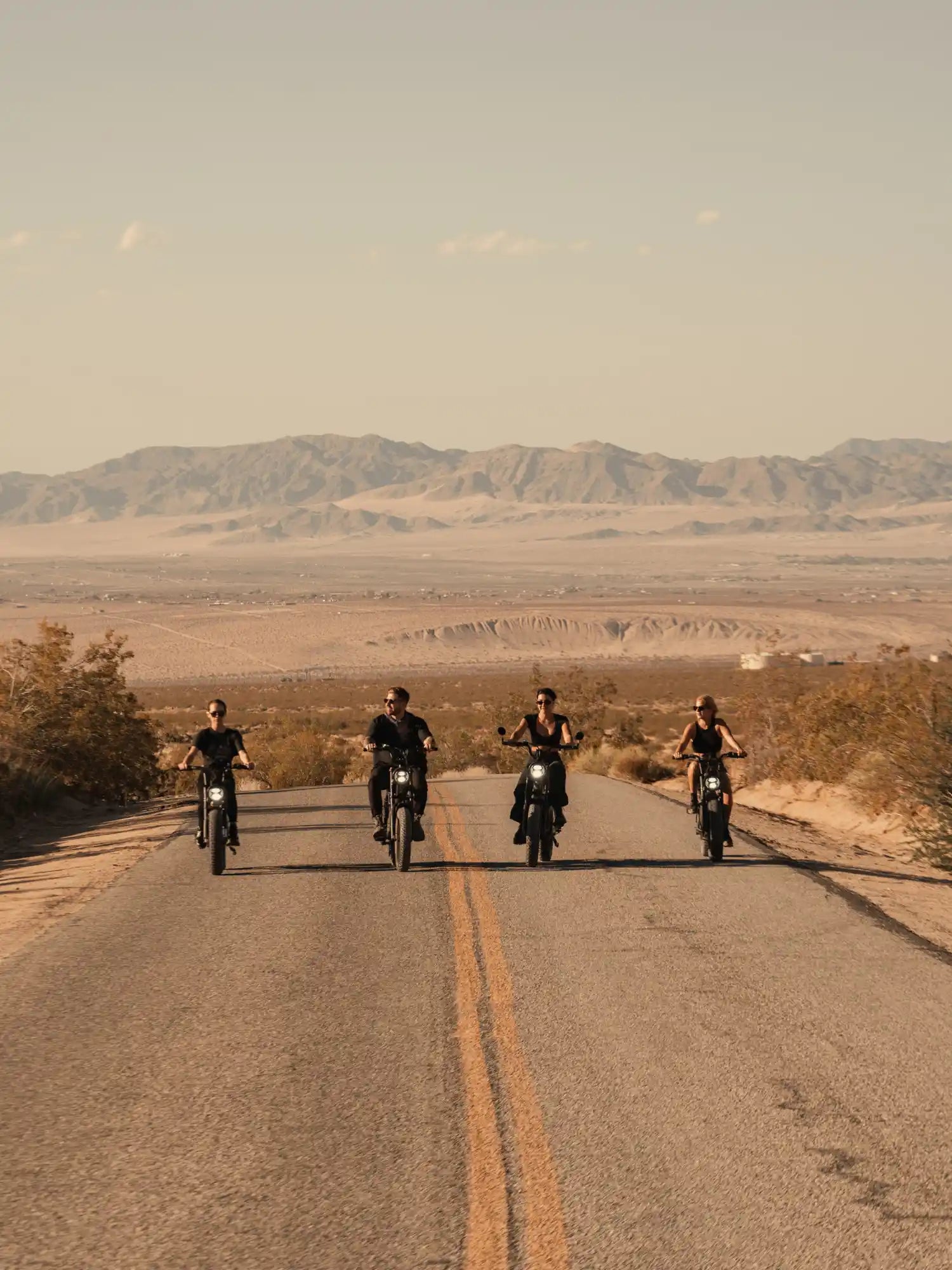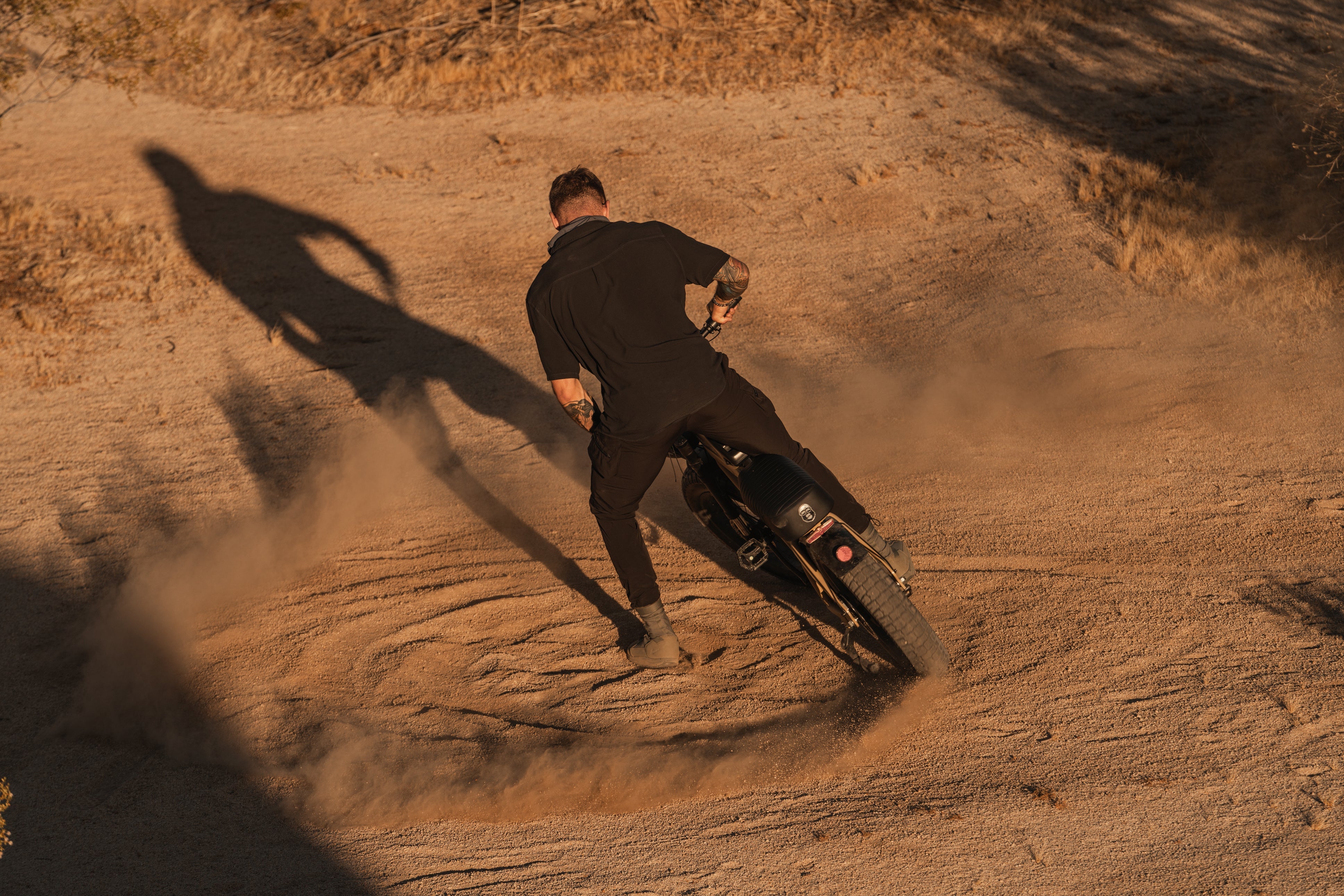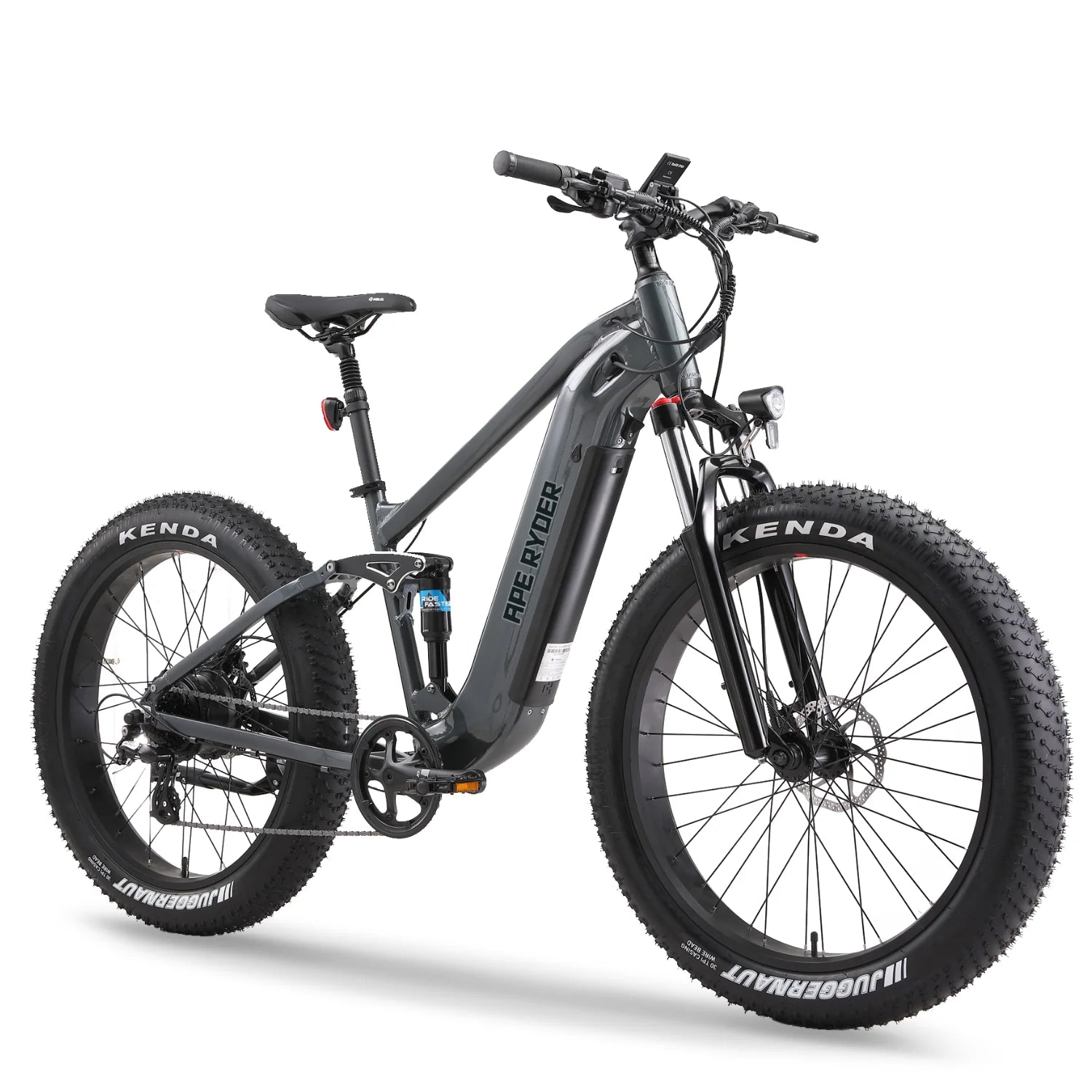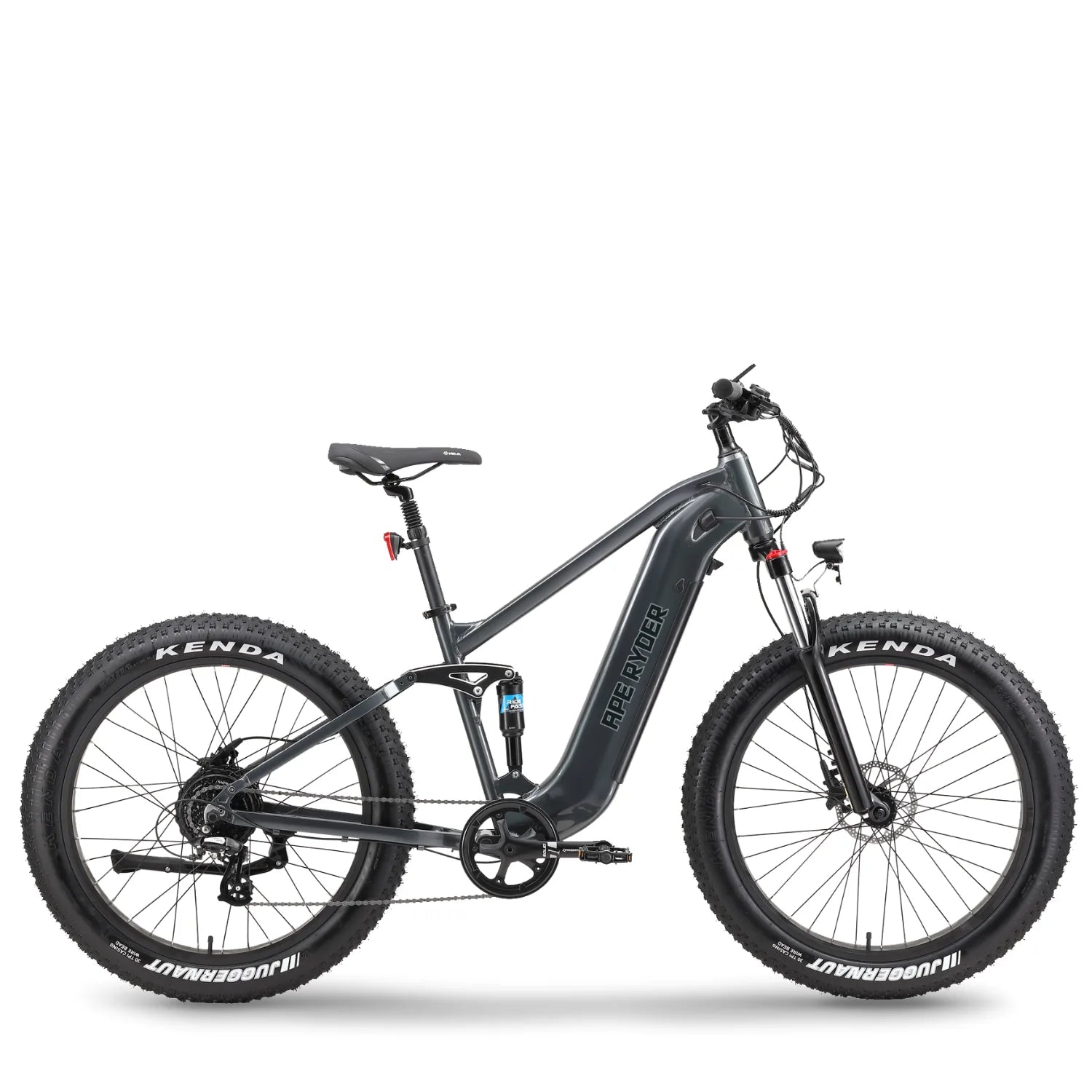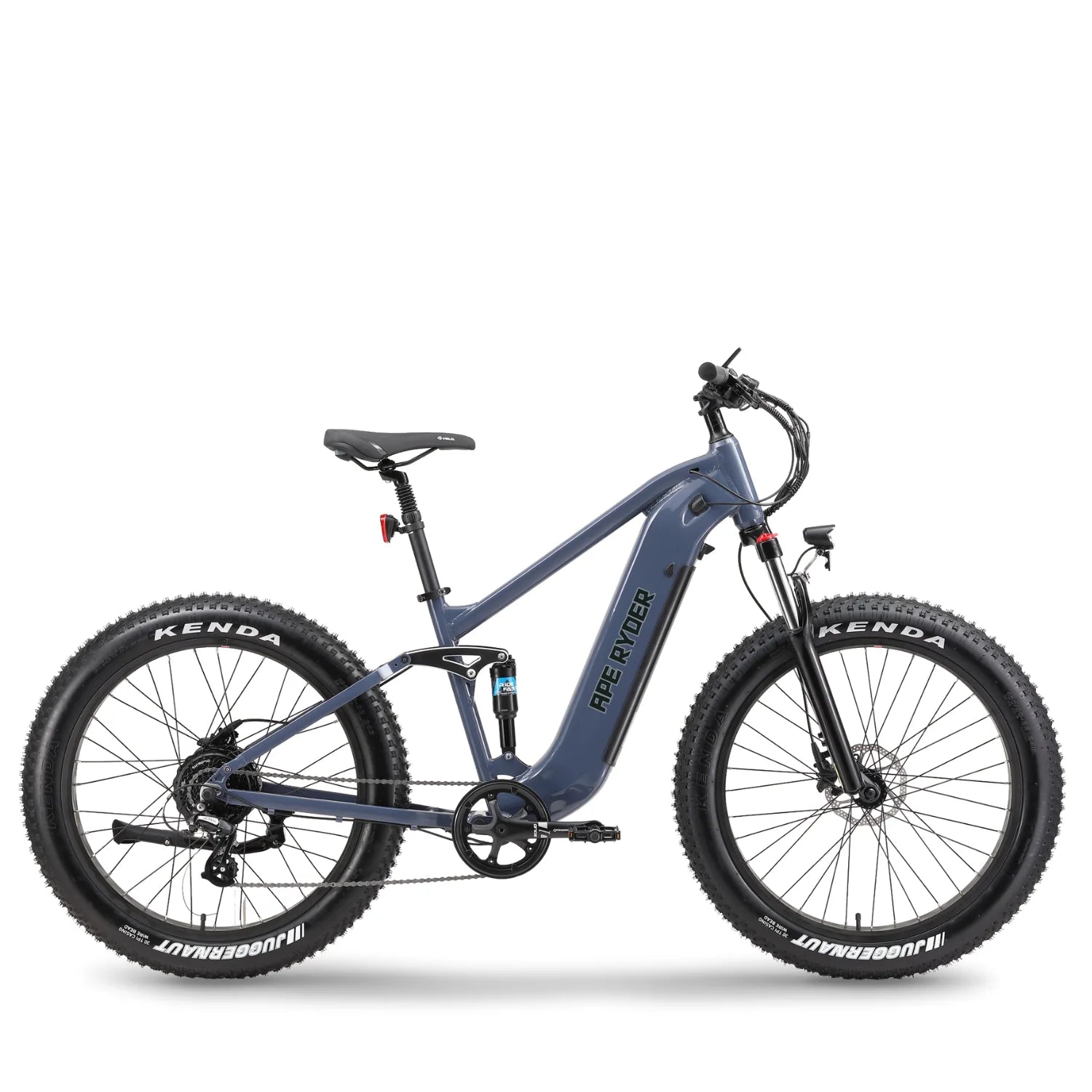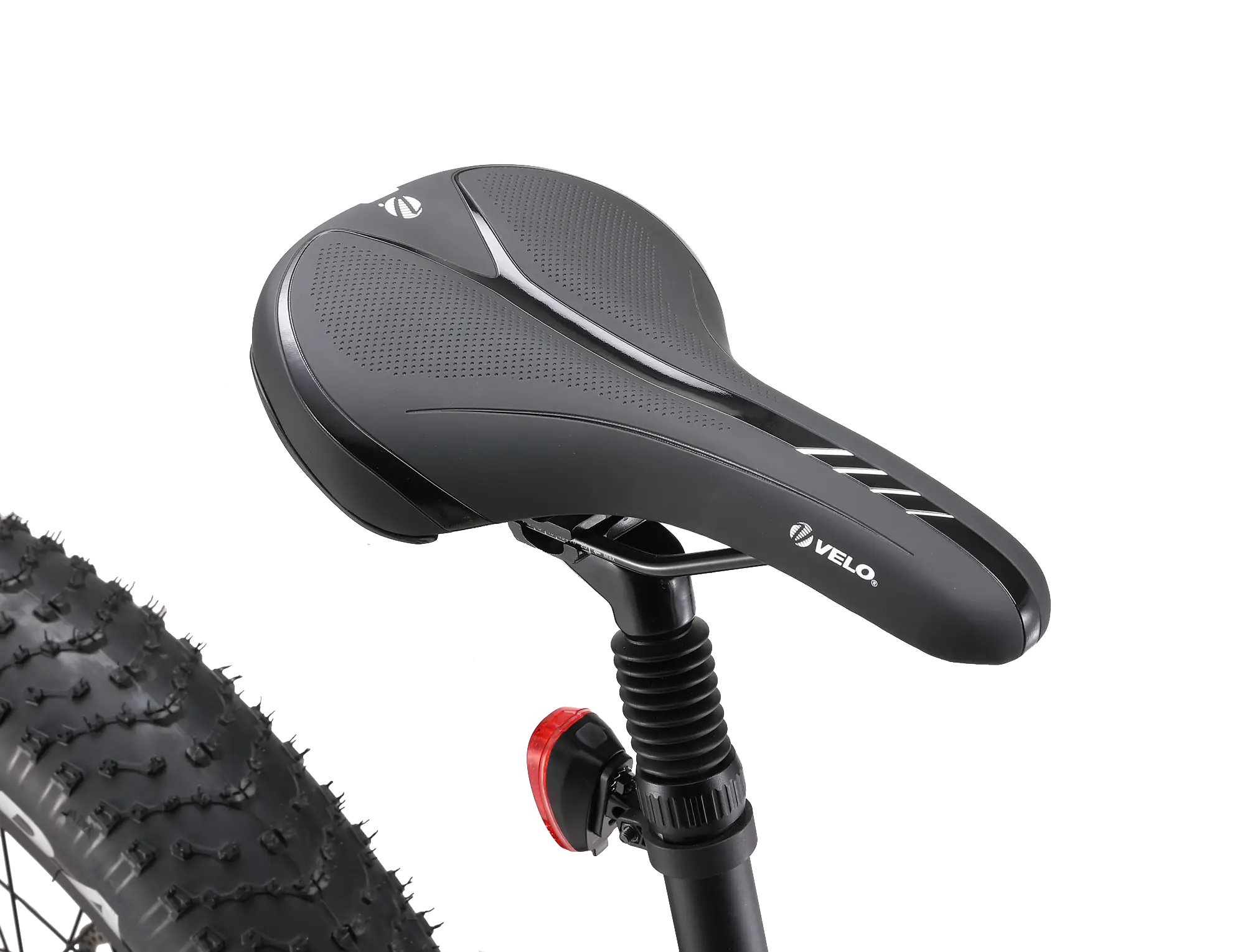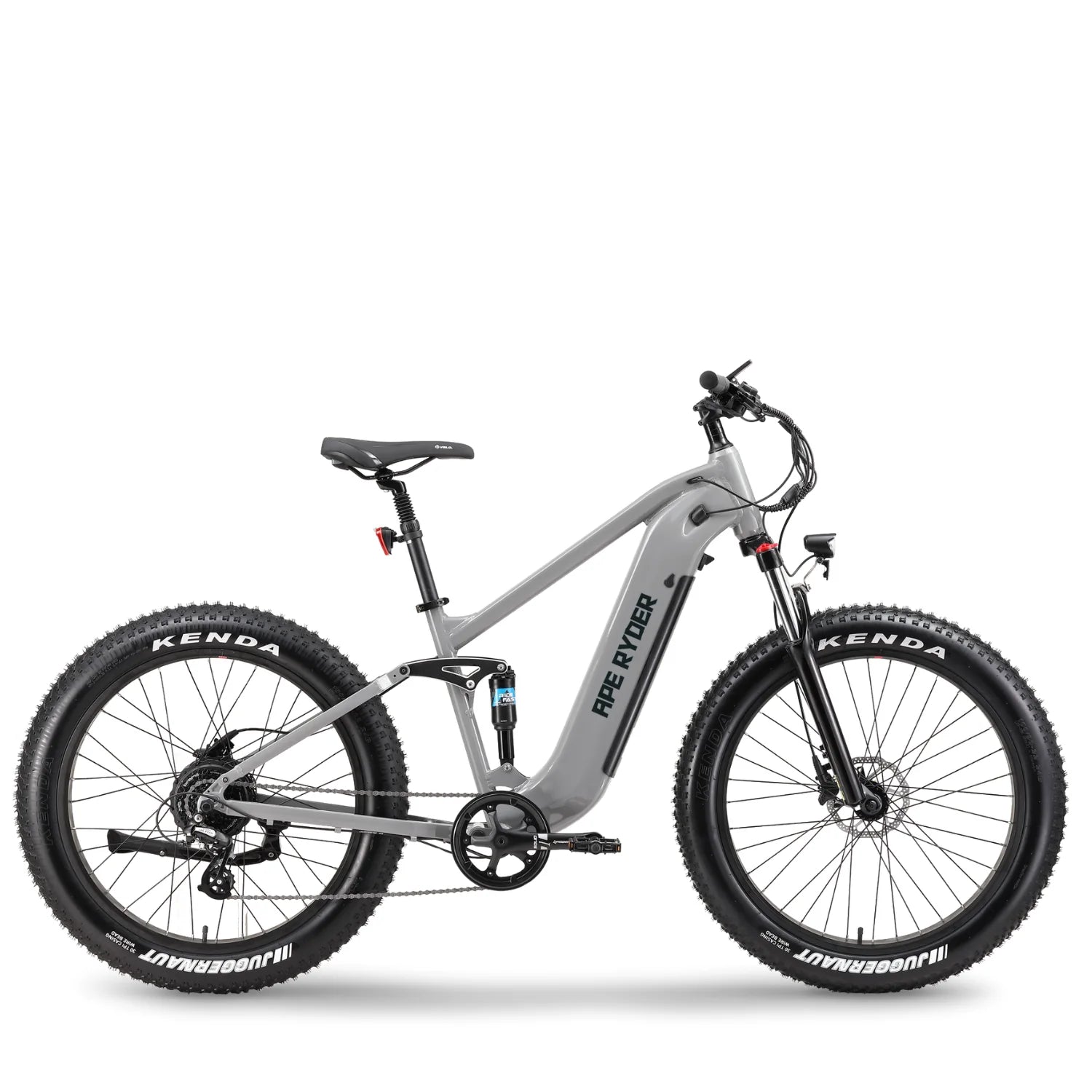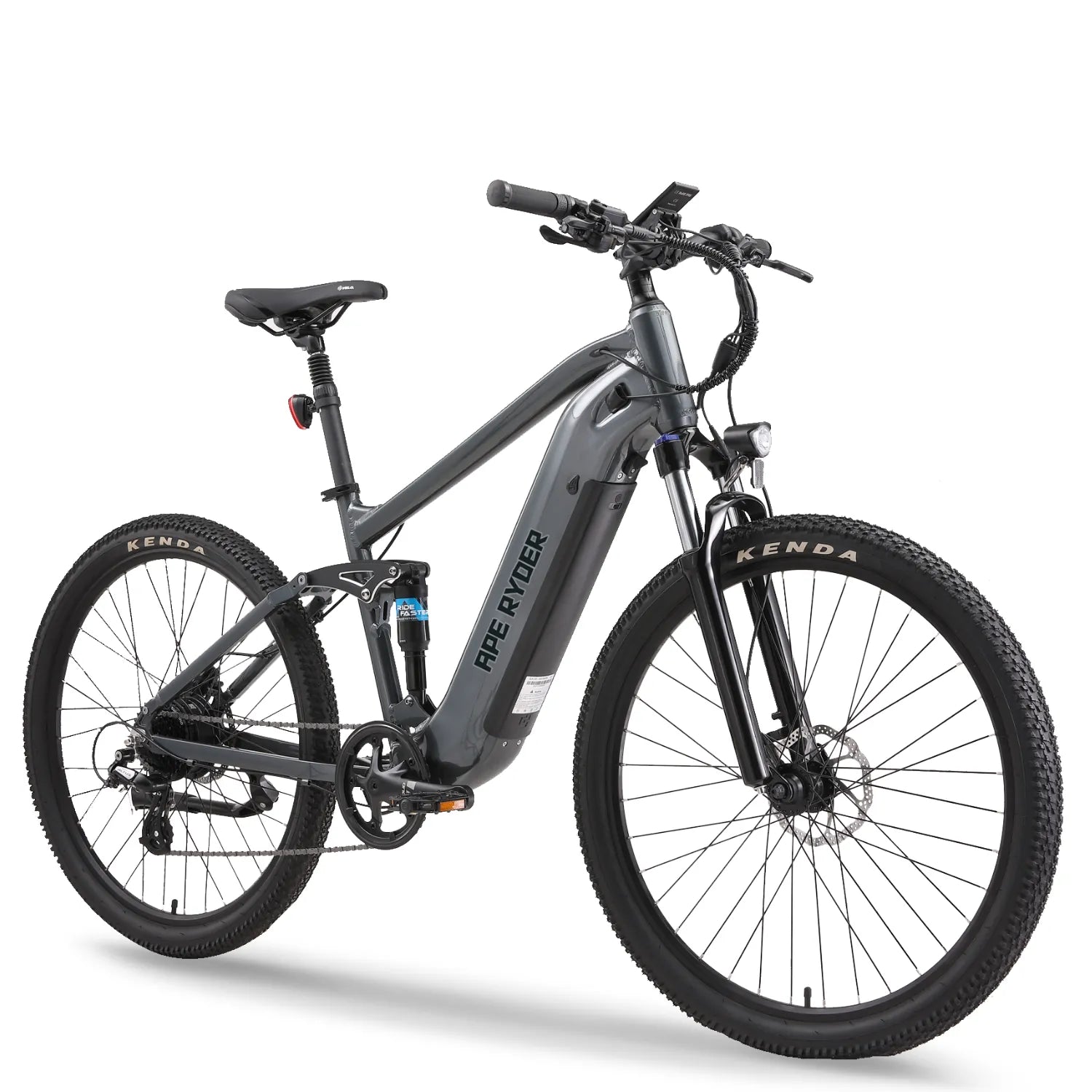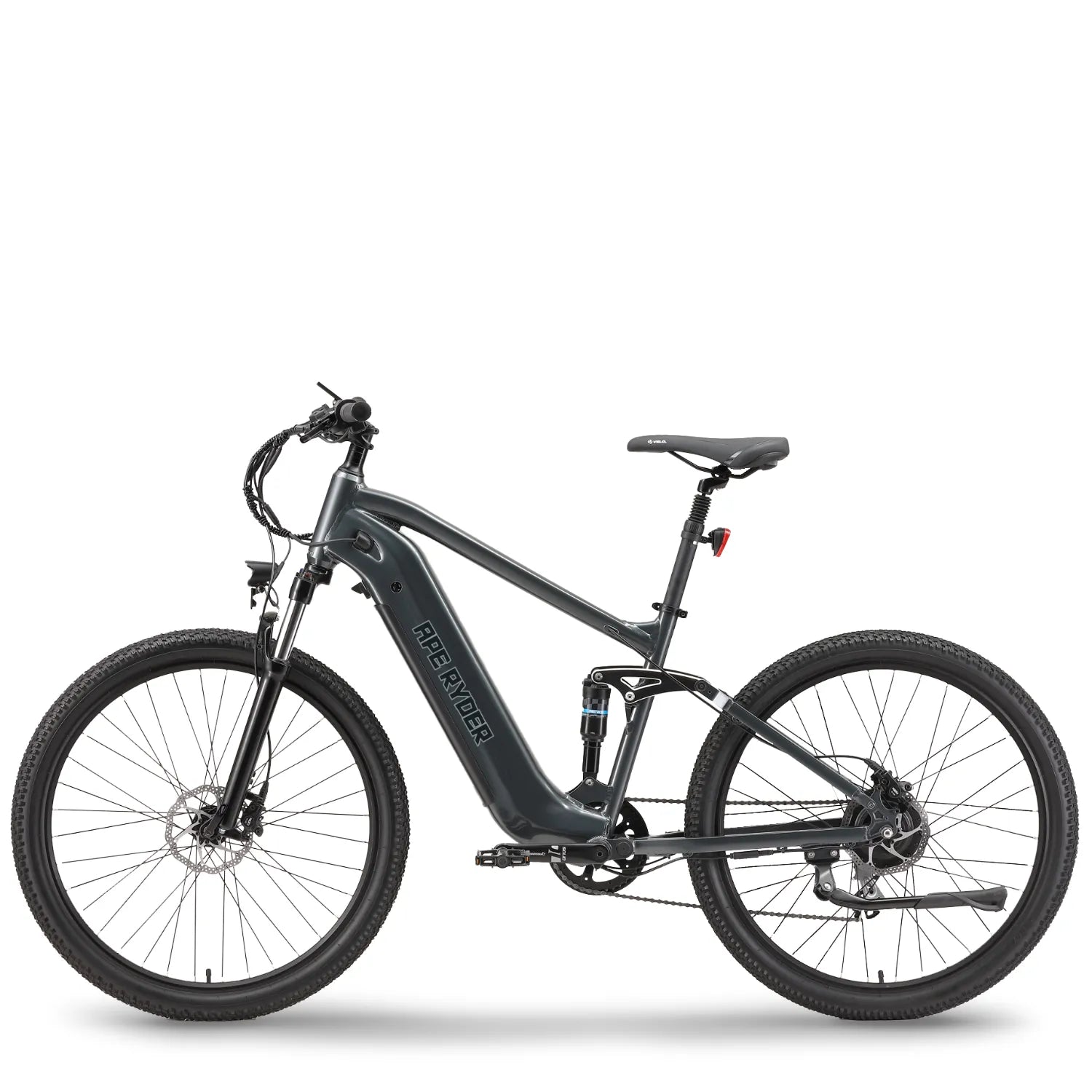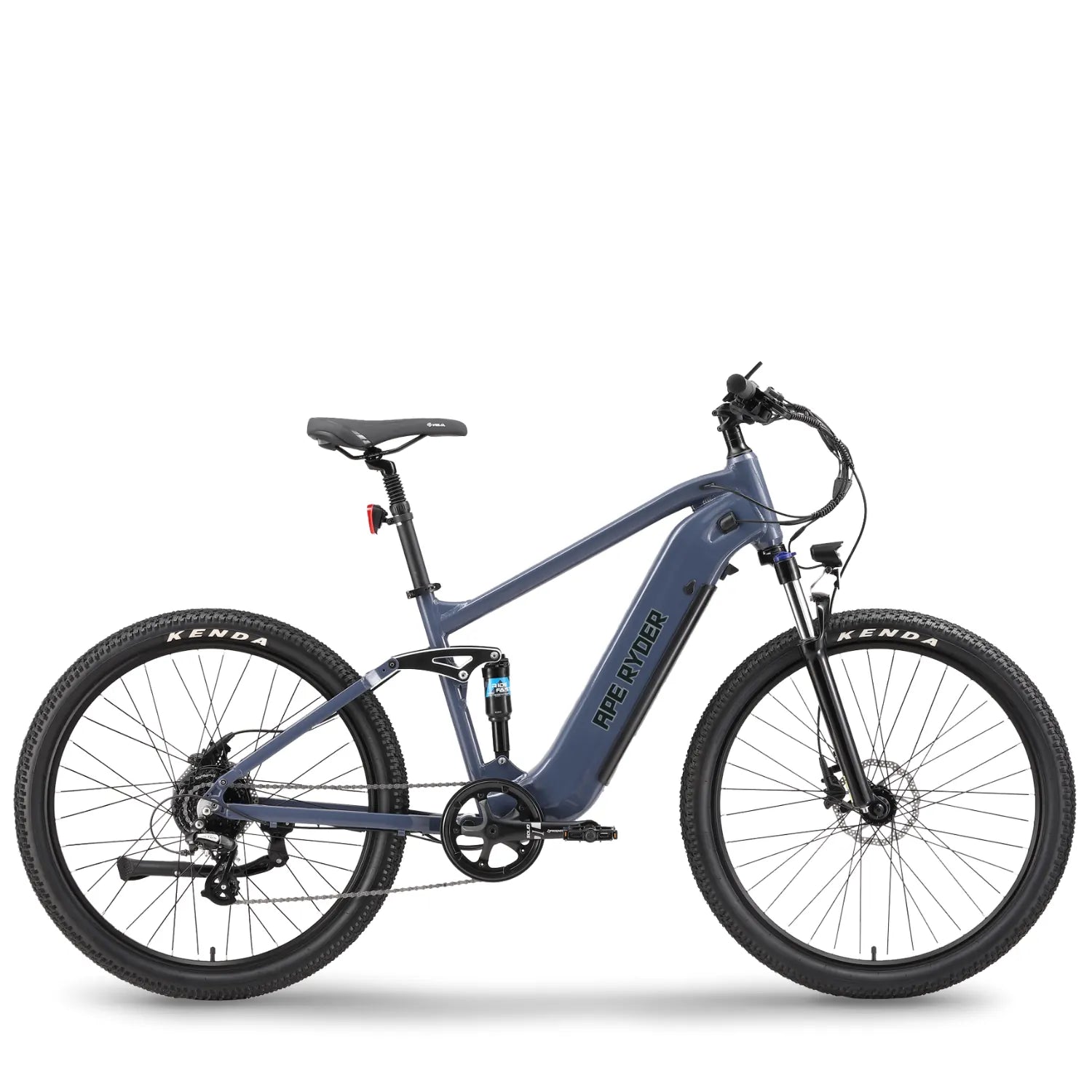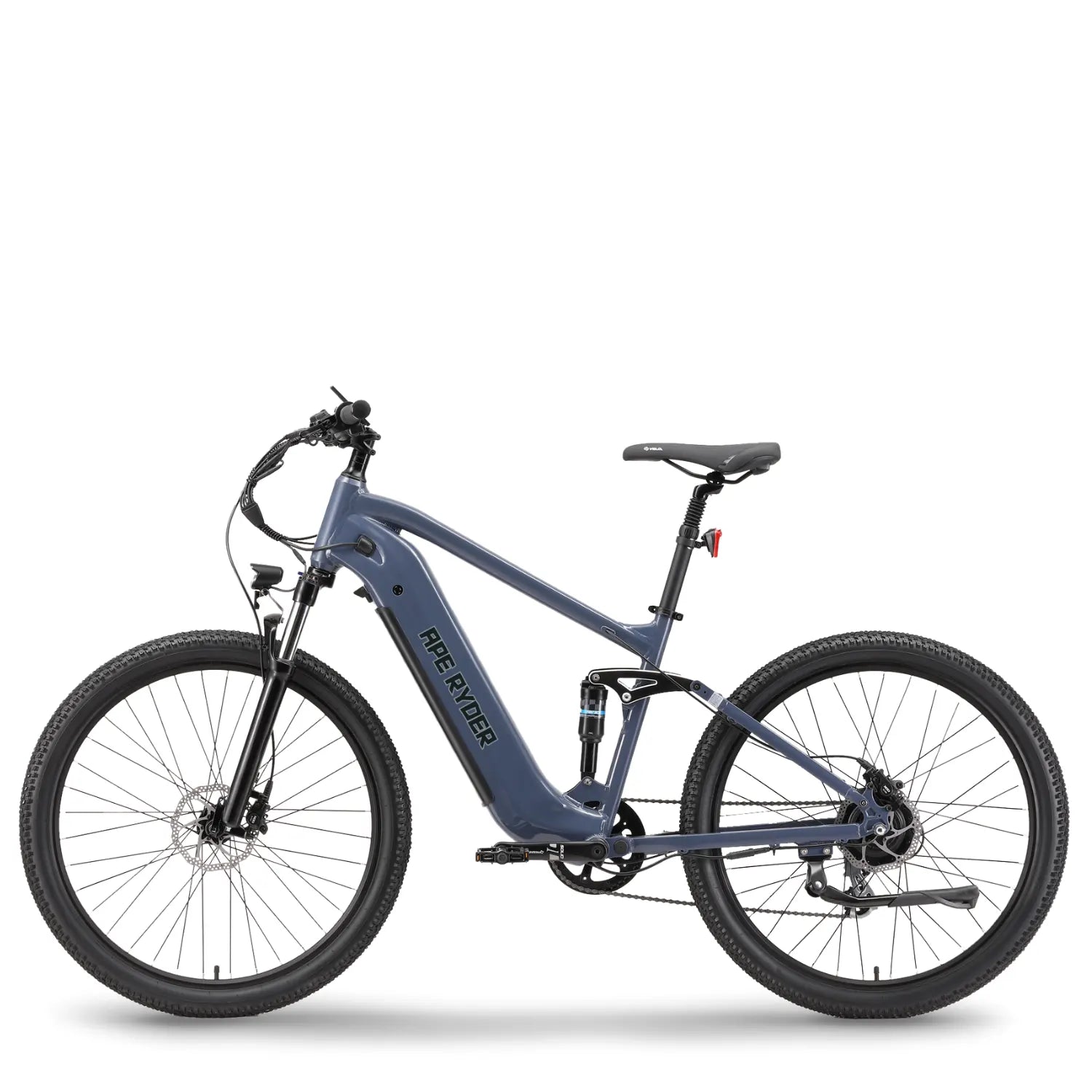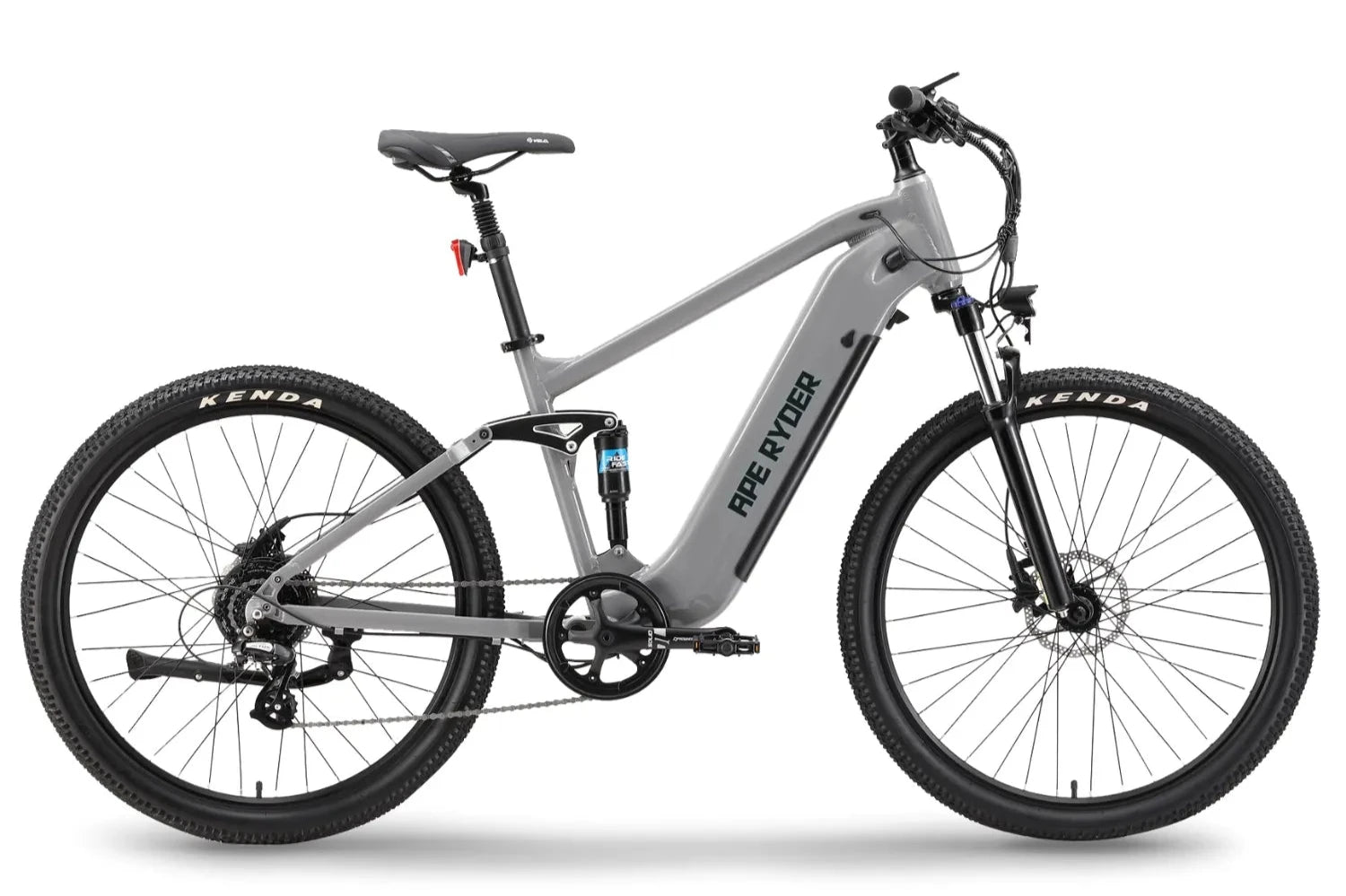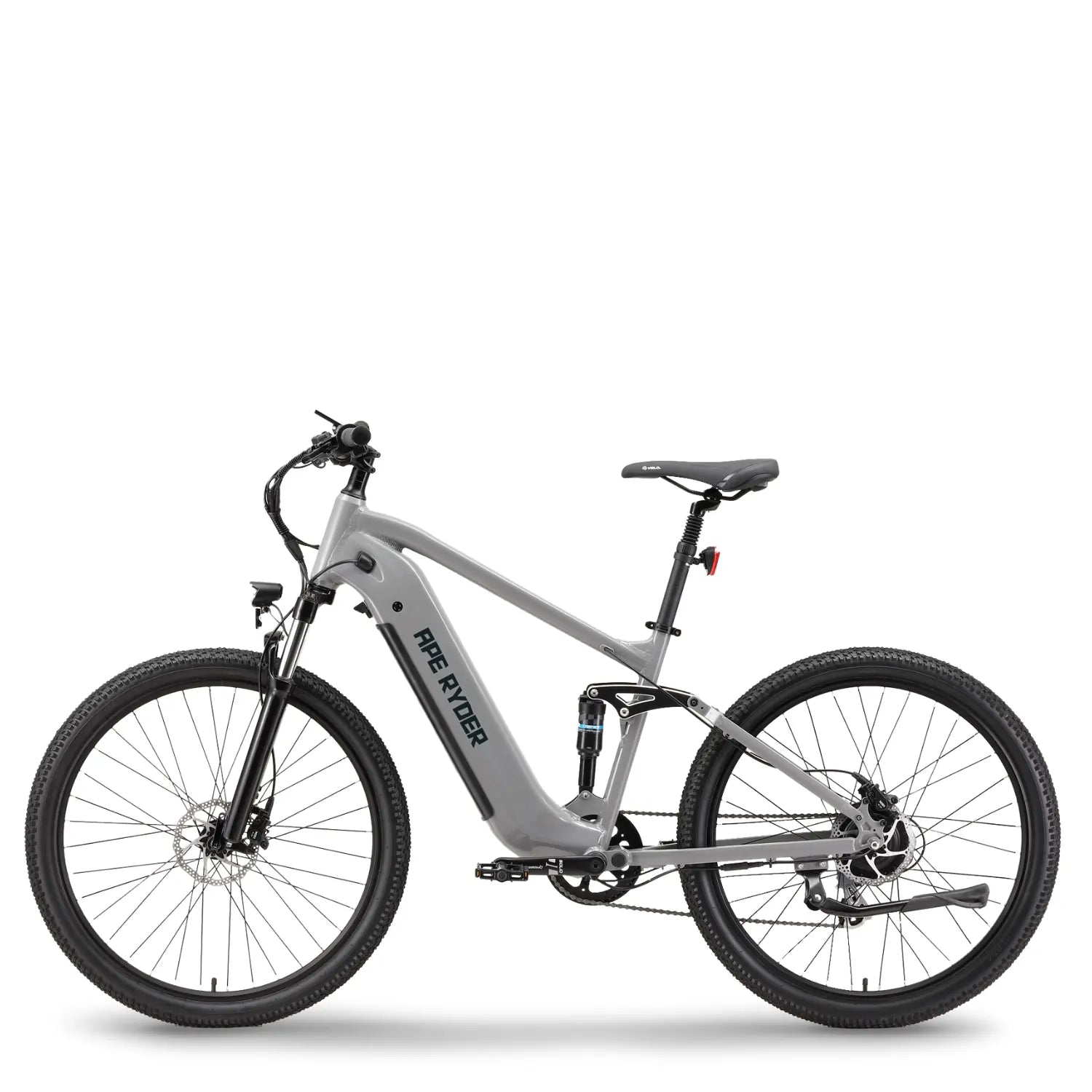What is E-Mountain Bike (E-MTB)?
What is Mountain Biking?
Mountain biking is an adventurous sport wherein cycling is done on irregular and bumpy off-road tracks. Contrasting road cycling, which is generally done on asphalted grounds, mountain biking takes one through forests, rocky trails, steep upslopes, and even uneven pathways. This can be quite an exciting adventure where physical stamina blends with thrilling sensations in mastering un predictable landscapes, making the sport one of the preferred activities outdoors for most people.
The Evolution of Mountain Biking
Mountain biking started late in the 1970s when riders took cruiser bicycles and modified them to hit the trails. Over time, engineering and technology took these bikes to a highly specialized level. Today, mountain bikes sport robust suspension systems, strong frames, and special tires to give the rider the utmost comfort, control, and performance over the harshest terrain.
Types of Mountain Biking
The disciplines of mountain cycling are basically a few, each fashion suited for distinct talent tiers and options. Cross-country biking consists of endurance and therefore covers huge distances over varied terrains, hence best for the ones bikers who revel in stamina-trying out adventures. Downhill biking is all approximately velocity, technical capabilities, and overcoming steep slopes and sharp descents. Trail riding moves a stability among the two, presenting an all-round enjoy perfect to leisure adventurers.
What is an E-Mountain Bike (E-MTB)?
An E-MTB is a mountain bike equipped with an electric motor and a battery that provide pedaling assistance to the rider. The modern layout allows cyclists conquer steep climbs, tackle challenging trails, and expand rides with reduced physical attempt. E-MTBs could be incredible companions for out of doors fanatics of mountain cycling and might make the sport not as onerous.
How Do E-Mountain Bikes Work?
E-MTBs paintings by way of attaching an electric powered motor and a battery to the frame of the bike. While the rider is pedaling, it assists the motor to boom his or her effort, smoothing the experience and minimizing strenuous paintings. The riders are free to pick their level of pedal assist according to the level of difficulty of the trail or their energy levels; thus, the bike can easily allow a challenging workout or just an easy ride.
Advantages of E-Mountain Bikes
E-MTBs offer great advantages to both novice and experienced riders: the ability to travel farther with much less fatigue opens trails once inaccessible to many riders. Being green, their layout helps ensure a very environmentally sustainable alternative to motorized delivery, lowering carbon emissions. E-MTBs even open mountain cycling to humans in older age brackets or with physical boundaries that have historically discovered the sport past their attain.
Choosing the Right E-Mountain Bike
In choosing an E-MTB, a number of of things ought to be taken into consideration to ensure that the bike will suffice on your wishes. The power of the motor is important because this will determine whether the bike can handle steep inclines and rough trails. Equally important is the life of the battery, which ensures that one can have uninterrupted rides without needing to recharge frequently. The weight of the bike is also an important factor because lighter bikes are easier to handle and transport. Most importantly, one needs a good suspension in order to do comfy, bump-free riding of one's backside on tougher trails and biker's geometry/fits with their bike become very important too.
Essential Gear for E-Mountain Biking
Riding an e-mountain bike correctly and enjoyably calls for right practise and equipment. A strong helmet guards the rider against head accidents for safe biking on challenging trails. The riders also wear padded gloves, knee pads, and elbow guards to save themselves from capacity scrapes or affects for the duration of the trip. Breathable, moisture-wicking clothes maintain comfort even in long journeys, while strong shoes with steady hooks offer fantastic grip at the pedal, helping to keep control over the bike in all situations. Essential gear, together with multi-tools and transportable pumps, permit riders to deal with mechanical issues quickly and save you being stranded at the trail.
Carrying a fully charged battery or an additional one ensures uninterrupted driving, in particular for the duration of long adventures. These precautions no longer only enhance protection but also improve the general experience, allowing riders to recognition on the thrill of the adventure with out pointless worries.
Trail Research and Preparation
Before embarking on an E-MTB journey, learning appropriate trails is important. Beginner-pleasant trails with slight terrain are best for building self assurance and abilities. Using apps like Trailforks and AllTrails can help discover the best routes. Ensuring your bike is in pinnacle scenario earlier than hitting the course is equally critical. Check the tires, brakes, and chain, and make certain the battery is absolutely charged and functioning well. Joining a local biking organization or taking a newbie’s route also can assist enhance your abilties and enhance your typical enjoy.
E-Mountain Bikes and Other e-Bikes
E-mountain bikes were specifically designed for off-road rides, setting them a class apart from other exceptionally good e-bikes. With strong frames, superior suspension systems, and powerful automobiles, they turn out to be the best for tackling rugged terrains, steep inclines, and technical trails. Commuter e-bikes are lighter and optimized for city travel-a sensible solution for daily commutes-by comparison. While each varieties of bikes provide electric powered help, E-MTBs cater to adventure seekers looking for interesting reviews in nature, while commuter e-bikes prioritize efficiency and comfort in city environments.
Facts About E-Mountain Bikes
E-MTBs can reach speeds of 20 to 28 mph, depending on local regulations and the model. Battery range varies broadly, generally permitting riders to cowl 30 to 60 miles in step with rate, influenced by elements like terrain, rider weight, and help level. These bikes are amateur-pleasant, imparting adjustable pedal assistance stages to fit unique skill stages. While maximum of these E-MTBs cope with the rain, following the manufacturer's guidance and the usage of fenders ought to take big precedence if your purpose is a experience as safe as easy.


